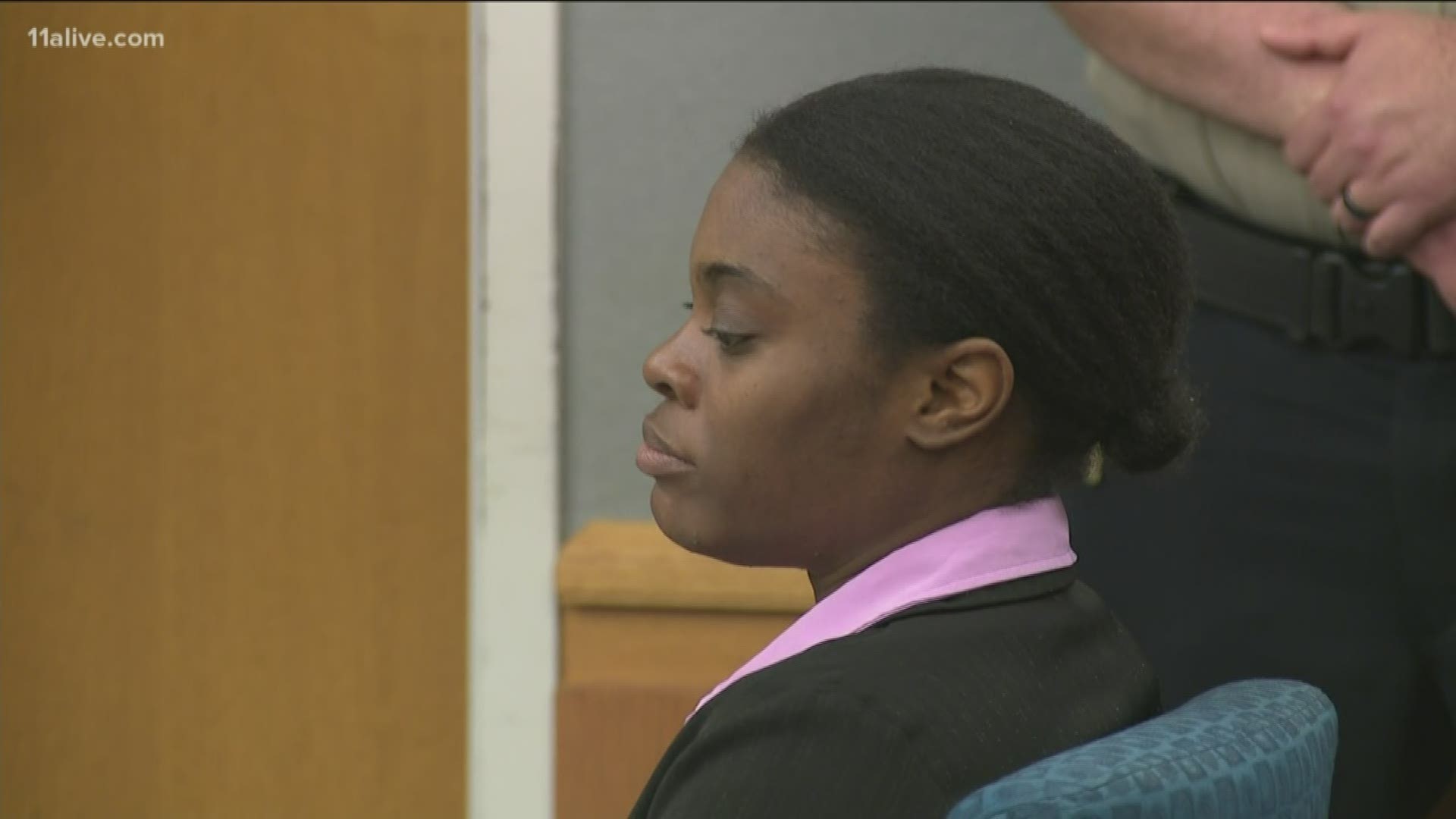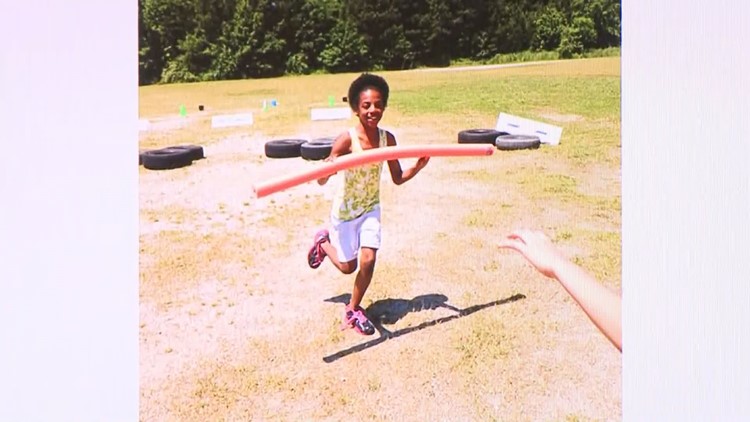LAWRENCEVILLE, Ga. — Tiffany Moss was convicted in Gwinnett County of starving her stepdaughter, Emani, and burning the body in an effort to cover up the crime.
Moss represented herself throughout the trial, though she barely spoke a word. She offered no opening or closing statements and did not question a single witness.
11Alive News uncovered a motion filed last summer which says Moss had “neuropsychological testing data that showed the defendant to have damage to the premotor and prefrontal regions of the brain.”
Dr. Don Stein, Director of the Brain Research Laboratory at Emory University, has not examined Moss but explained what damage to that particular region of the brain can mean.
“What you’re talking about with prefrontal and premotor cortex (is) those areas of the brain, and especially in the left hemisphere, are very much thought to be intimately involved in executive function, decision making, and impulse control,” explain Dr. Stein.
Stein explained damage of this type can be caused by many things: athletic injuries, trauma to the head, damage during childbirth, meningitis, strokes or aging. However, there does have to be some sort of precipitating event that cause brain damage of this sort.
“Frontal lobe syndrome, and that is kind of what we’re talking about here, can lead to the loss of executive function and impulse control.”
District Attorney Danny Porter addressed the brain damage, while speaking after Moss was sentenced to death.
“I’m not convinced she has brain damage. We haven’t seen any evidence of that.”
The neuropsychological report that was referenced in the motion is, indeed, sealed by the court so we are unaware of the results of the test.
“We been told about it and it’s been in some of their motions,” said Porter. “I know it’s been stated as a fact but I’m not convinced it is a fact.”
Moss has an opportunity to appeal her death penalty verdict or ask the court for lawyers to represent her during an appeal. If she declines to do so, the Georgia Supreme Court will automatically review the case.















